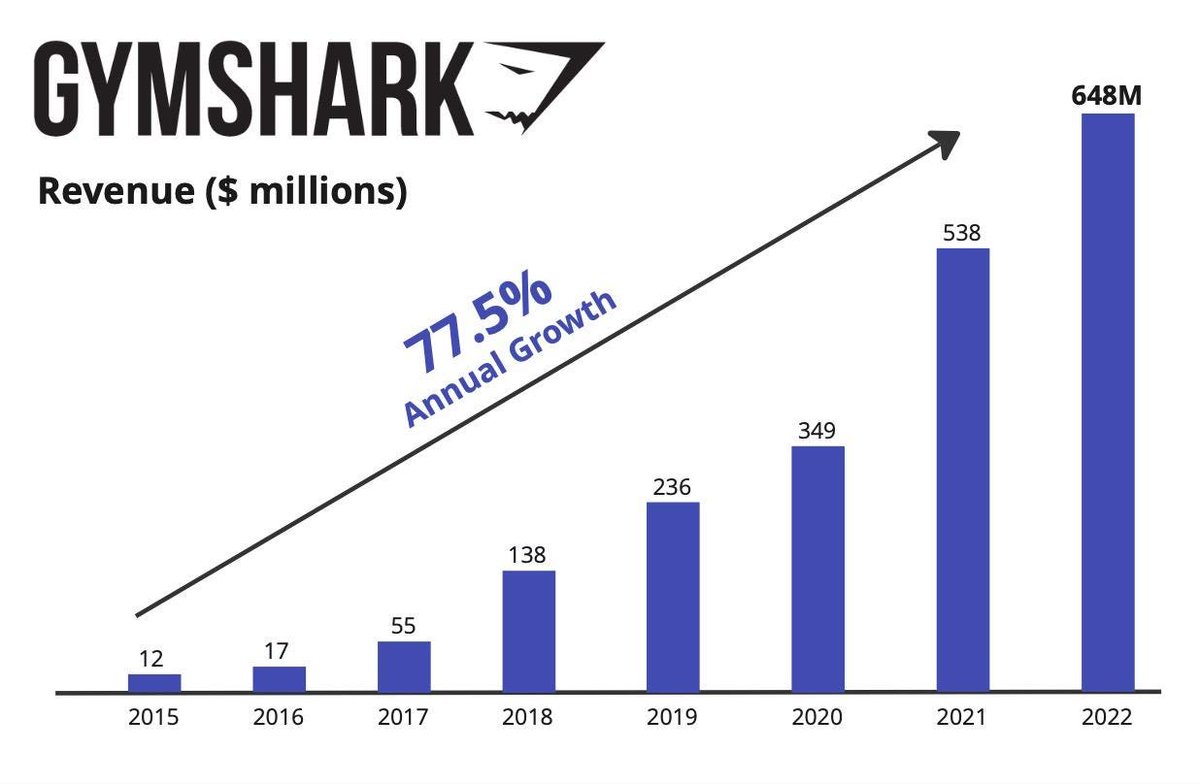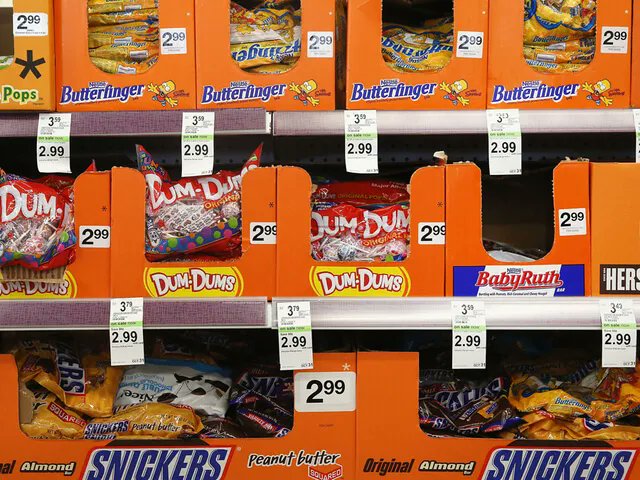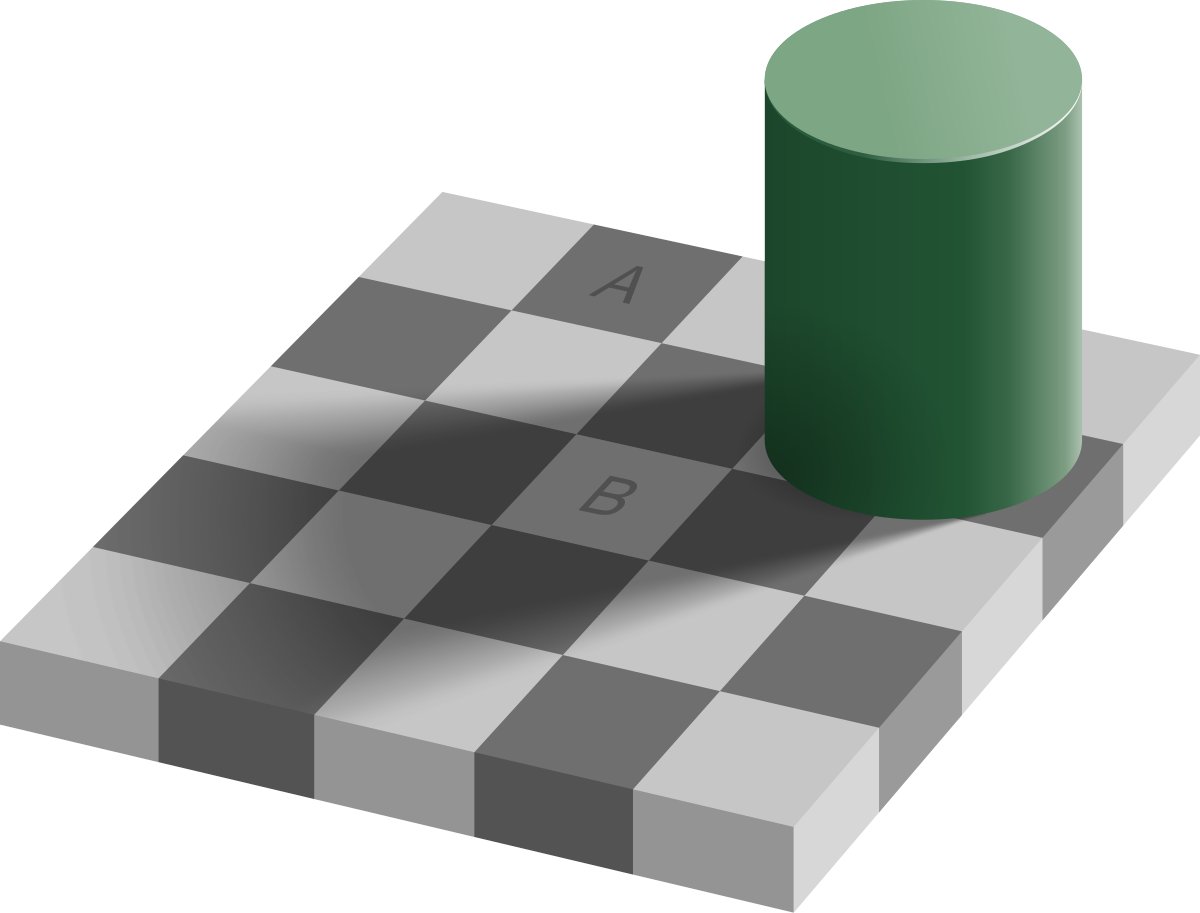This is the youngest billionaire you never heard of:
He was a broke pizza boy who turned $500 into a $1.5 BILLION empire.
His secret? A strategy so simple that Nike, Puma, and Adidas laughed at it—until he changed the game.
Here’s his story: 🧵
He was a broke pizza boy who turned $500 into a $1.5 BILLION empire.
His secret? A strategy so simple that Nike, Puma, and Adidas laughed at it—until he changed the game.
Here’s his story: 🧵

Meet Ben Francis.
The founder and CEO of the billion-dollar fitness apparel brand Gymshark.
The founder and CEO of the billion-dollar fitness apparel brand Gymshark.
At 19, Ben was juggling:
• Delivering pizzas until 9PM
• Sewing gym wear until 4AM
• Studying business during the day
But he had a huge problem.
• Delivering pizzas until 9PM
• Sewing gym wear until 4AM
• Studying business during the day
But he had a huge problem.
He was broke.
With just $500 to his name, he couldn’t afford manufacturers or designers.
So he bought a sewing machine, some fabric, and a screen printer.
And he built everything from scratch.
The only thing he had going for him?
With just $500 to his name, he couldn’t afford manufacturers or designers.
So he bought a sewing machine, some fabric, and a screen printer.
And he built everything from scratch.
The only thing he had going for him?
A gap in the market that Nike, Adidas, and Puma hadn’t noticed.
What was it?
Big brands were chasing wealthy celebrities & elite athletes.
Ben?
He had zero connections and no marketing budget. So he did something no one else dared to do.
Big brands were chasing wealthy celebrities & elite athletes.
Ben?
He had zero connections and no marketing budget. So he did something no one else dared to do.
He targeted an untapped market: Fitness Influencers.
Ben spotted rising YouTubers like David Laid—guys with huge engagement but zero brand deals.
That’s when Ben made his move.
Ben spotted rising YouTubers like David Laid—guys with huge engagement but zero brand deals.
That’s when Ben made his move.
Instead of chasing celebrities, he sent free Gymshark gear to these YouTubers when they had just 50K–100K subscribers.
The result?
The result?
Months later, these youtubers blew up—gaining millions of followers.
Yet, they stayed loyal to Gymshark, even when billion-dollar brands offered them more money.
Why?
Because Ben believed in them when no one did.
Yet, they stayed loyal to Gymshark, even when billion-dollar brands offered them more money.
Why?
Because Ben believed in them when no one did.
The Breakthrough Moment:
In 2013, Gymshark set up a booth at the BodyPower Expo—one of the UK’s biggest fitness events.
Ben invited these now-popular YouTubers to the event.
But he and his team were terrified no one would show up.
In 2013, Gymshark set up a booth at the BodyPower Expo—one of the UK’s biggest fitness events.
Ben invited these now-popular YouTubers to the event.
But he and his team were terrified no one would show up.

What actually happened?
The Gymshark booth was PACKED.
People lined up for hours to buy Gymshark gear.
They sold out in 30 minutes.
That’s when Ben knew—Gymshark wasn’t just a brand anymore. It was a movement.
The Gymshark booth was PACKED.
People lined up for hours to buy Gymshark gear.
They sold out in 30 minutes.
That’s when Ben knew—Gymshark wasn’t just a brand anymore. It was a movement.
The Billion-Dollar Payoff:
• 2020: Gymshark hits a $1.3 billion valuation
• Ben Francis becomes the UK’s youngest billionaire at 28
The best part?
• He still owns 70% of the company.
• 2020: Gymshark hits a $1.3 billion valuation
• Ben Francis becomes the UK’s youngest billionaire at 28
The best part?
• He still owns 70% of the company.

Ben's success wasn't luck. He:
• Focused on community over ads
• Understood influencer power before anyone else
• Built a direct connection with customers.
• Focused on community over ads
• Understood influencer power before anyone else
• Built a direct connection with customers.
Ben Francis didn’t have money, connections, or resources.
But he noticed what billion-dollar brands ignored.
From a broke pizza boy to a $1.5 BILLION empire—because he saw what others didn’t.
But he noticed what billion-dollar brands ignored.
From a broke pizza boy to a $1.5 BILLION empire—because he saw what others didn’t.
Thanks for reading.
Want more untold stories of billion-dollar founders? Follow @Slothenater
Something I thought I’d share:
Want more untold stories of billion-dollar founders? Follow @Slothenater
Something I thought I’d share:
• • •
Missing some Tweet in this thread? You can try to
force a refresh





















